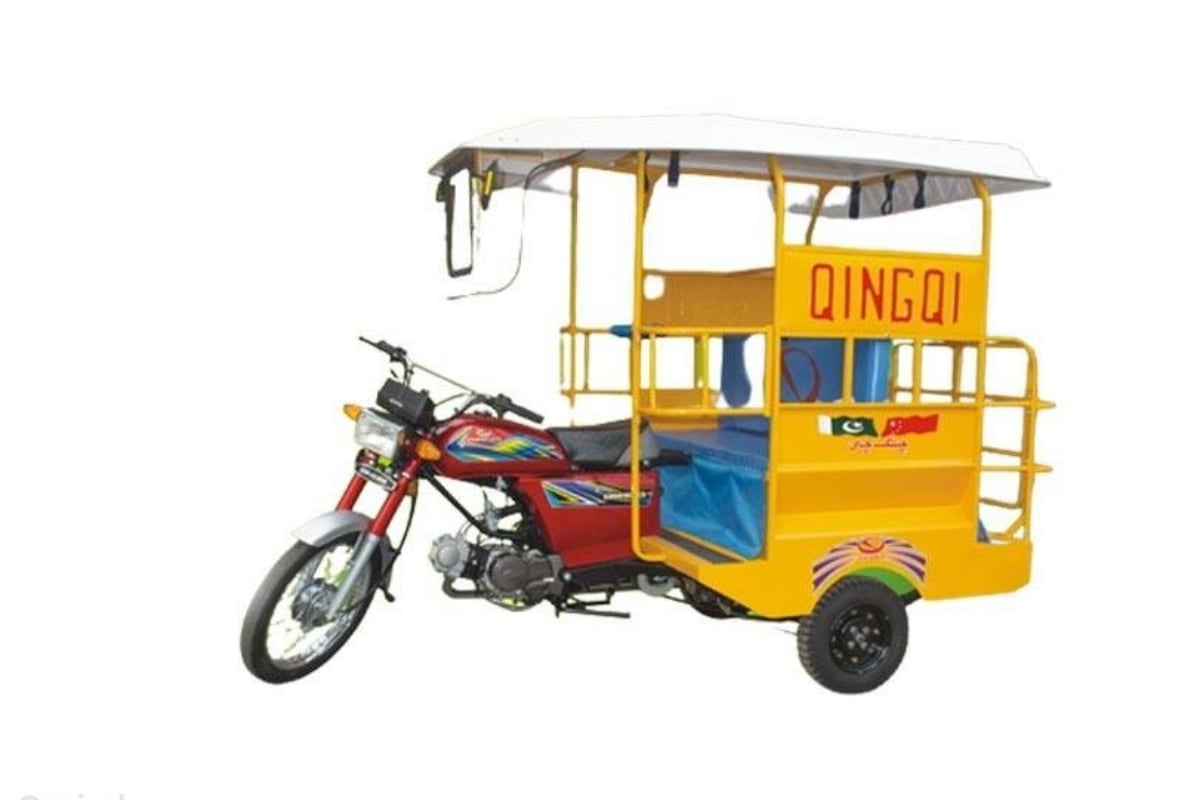In a significant development aimed at tackling the persistent issue of smog in the region, Chief Secretary Punjab, Zahid Akhtar Zaman, has announced the closure of manufacturing and sale of new Qingqis rickshaws in Lahore. Addressing the media, Zaman highlighted the imperative need to scrutinize the root causes of smog and unveiled collaborative efforts with the World Bank to combat this pressing environmental challenge.
The decision to cease Qingqis rickshaw operations comes in the wake of the discovery of 900 illegal workshops catering to these vehicles in Lahore. Zaman emphasized that this pivotal step is part of a broader strategy to address smog-related concerns in the region comprehensively.
Elaborating on the comprehensive approach, Zaman disclosed that two artificial rain projects are currently under consideration to combat smog in Punjab. However, he acknowledged a dissenting view from World Bank officials who advocate for an alternative approach — importing 30 electric buses to mitigate smog.
According to Zaman, Lahore requires a total of 1400 buses to enhance its public transportation facilities, and the World Bank’s preference for electric buses presents an alternative solution to the artificial rain projects. The chief secretary revealed, “The World Bank officials do not agree with artificial rain projects; instead, they are importing 30 electric buses to eliminate smog.”
This decision underscores the government’s commitment to exploring innovative solutions to address the smog crisis. Electric buses, known for their environmentally friendly nature, could potentially contribute to reducing pollution and improving air quality in the region.
However, the move has not been without its challenges. Zaman raised concerns about the inadequacy of smog testing equipment and highlighted discrepancies in data reported by various institutions. These challenges underscore the complexities associated with addressing the smog issue comprehensively.
As Punjab takes decisive steps to combat smog, the region awaits further developments on whether the emphasis will be on artificial rain projects or the introduction of electric buses. The collaboration with the World Bank adds an international dimension to the efforts, emphasizing the global significance of addressing environmental challenges collectively. The coming months will likely witness increased scrutiny on the effectiveness of these measures and their impact on the air quality in Punjab.



